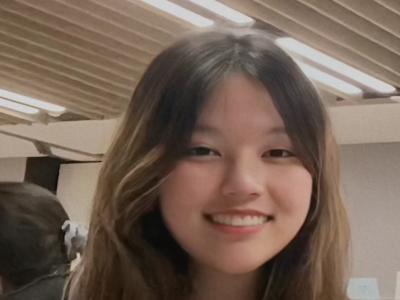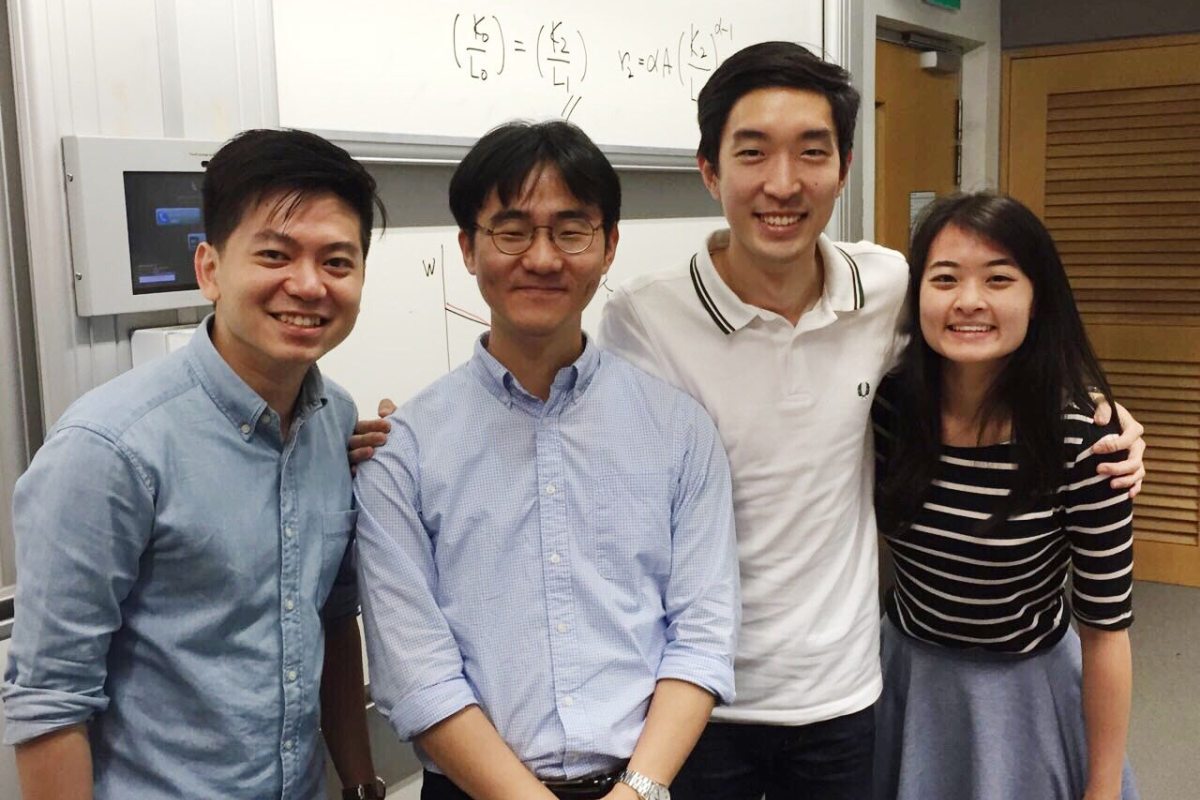
When I first received my ‘A’ level results and had to decide on my university and course of study, I have to admit that I didn’t really have any particular direction in mind. However, I was certain that I wanted to select a university that would help me develop both hard and soft skills to be future-ready. I also wanted to study a course that would enable me to build strong analytical abilities in problem solving, as well as provide the flexibility of a pursuing a wide range of career options in the future, while I spend these next few years focused in honing my skills and understanding myself better.
SMU’s School of Economics (SOE) sounded like the perfect choice, and here’s why:
Developing a greater appreciation of current issues
From studying the various types of migration in labour economics to understanding why some people have a greater tendency to become entrepreneurs in organisational economics, SOE offers a wide range of modules that focuses on various real-world concerns. The wide variety of modules spanning across micro and macro economics allows students to study pressing issues in our world today, integrate theory with application, and trigger that sense of curiosity in the problems we are facing every day.
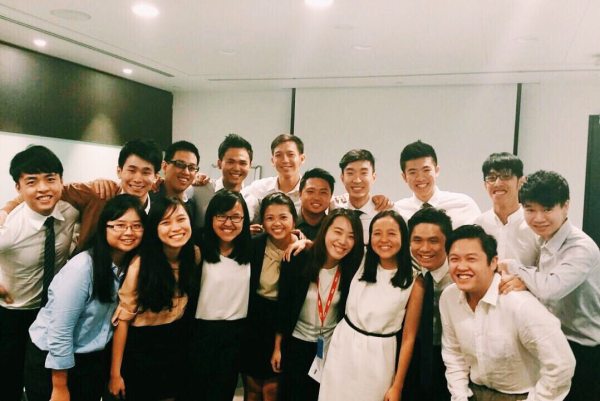
Summer internship stint at Aon Hewitt with fellow interns
Training for strong problem-solving skills and teamwork
Through the use of theoretical models, charts and graphs, academic research papers, and economic theory, the course enables students to develop strong analytical capabilities. The quantitative nature of the course accustoms one to be comfortable with numbers and algebra, developing economic intuition in problem solving. These skills have proven to be very useful, especially in a world where information is king. This ability to break them down and later synthesise them in a meaningful way continues to be vital in solving problems. Most modules have an element of project work where theory meets application, and students will be exposed to working with many different (and interesting) people throughout their time here.
Flexibility of joining many fields upon graduation
The nature of this broad-based education allows graduates to develop transferrable analytical skills that are applicable to a wide variety of roles. Whether it’s in the area of finance, research, consulting, policy-making, the public service or a multinational corporation, SOE graduates find themselves employable in many different fields. And for those that enjoy the rigour of economics, they also have the option to pursue a Masters degree or academia in future. Interests may change and strengths take time to develop and be discovered; such flexibility provides that very important “additional time” for undergraduates to learn more about themselves without having to commit to a particular field at the start of their university education.
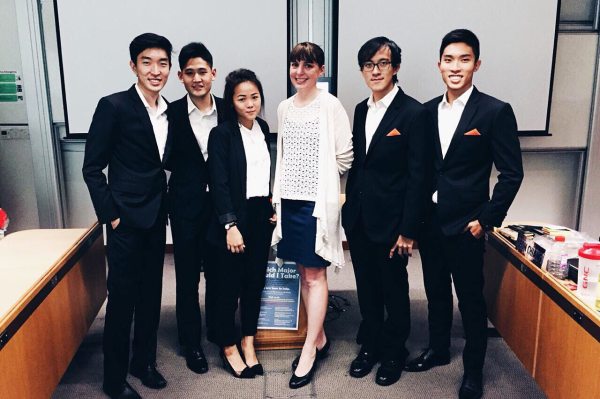
Marketing class presentation with Professor Tipton and team members
Options for exploring both breadth and depth
SMU’s curriculum allows for students to take on a second major within the School of Economics, or across the other schools. For example, economics students with an interest in the area of Finance can take on a second major in Finance from the Lee Kong Chian School of Business; or, perhaps, economics students interested in Psychology can take a second major in Psychology from the School of Social Sciences; and many other possible combinations. Those who wish to pursue other fields in greater depth can also apply for a double degree programme, subject to certain requirements. Within the School of Economics, students can also choose to pursue the Quantitative Economics Track (QET), Maritime Economics Concentration (MEC) or take on a second major in Actuarial Science or Applied Statistics. These options often leave students spoilt for choice in choosing to study what they like best.
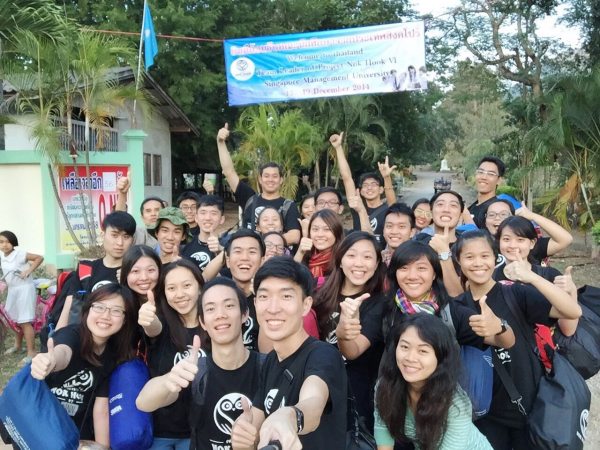
Overseas community service project in Thailand back in December 2014
Experience everything ‘SMU’
Seminar style learning with classes averaging 45 students, a city campus equipped with state-of-the-art technology, a dedicated career office that helps students with internships and charting their future, opportunities to give back to the community through community service projects both locally and overseas, strong global exposure in the form of exchanges to universities abroad for a semester or summer schools, a vibrant student life… the list goes on! There are so many reasons that make SMU such a great university to be part of, and you have to be here to experience it for yourself!
On a more personal note, what I really like about SMU is how this university continually looks for ways to improve in order to ensure the best for its students and stakeholders. As SMU continues to develop, the coming years remain exciting and I cannot wait to see what the future brings to the university. With the option of studying Economics in an institute that I love, the choice of SMU School of Economics was a clear one for me, and I have never looked back.
Undergraduate applications are open! Learn more about the Bachelor of Economics programme today.


